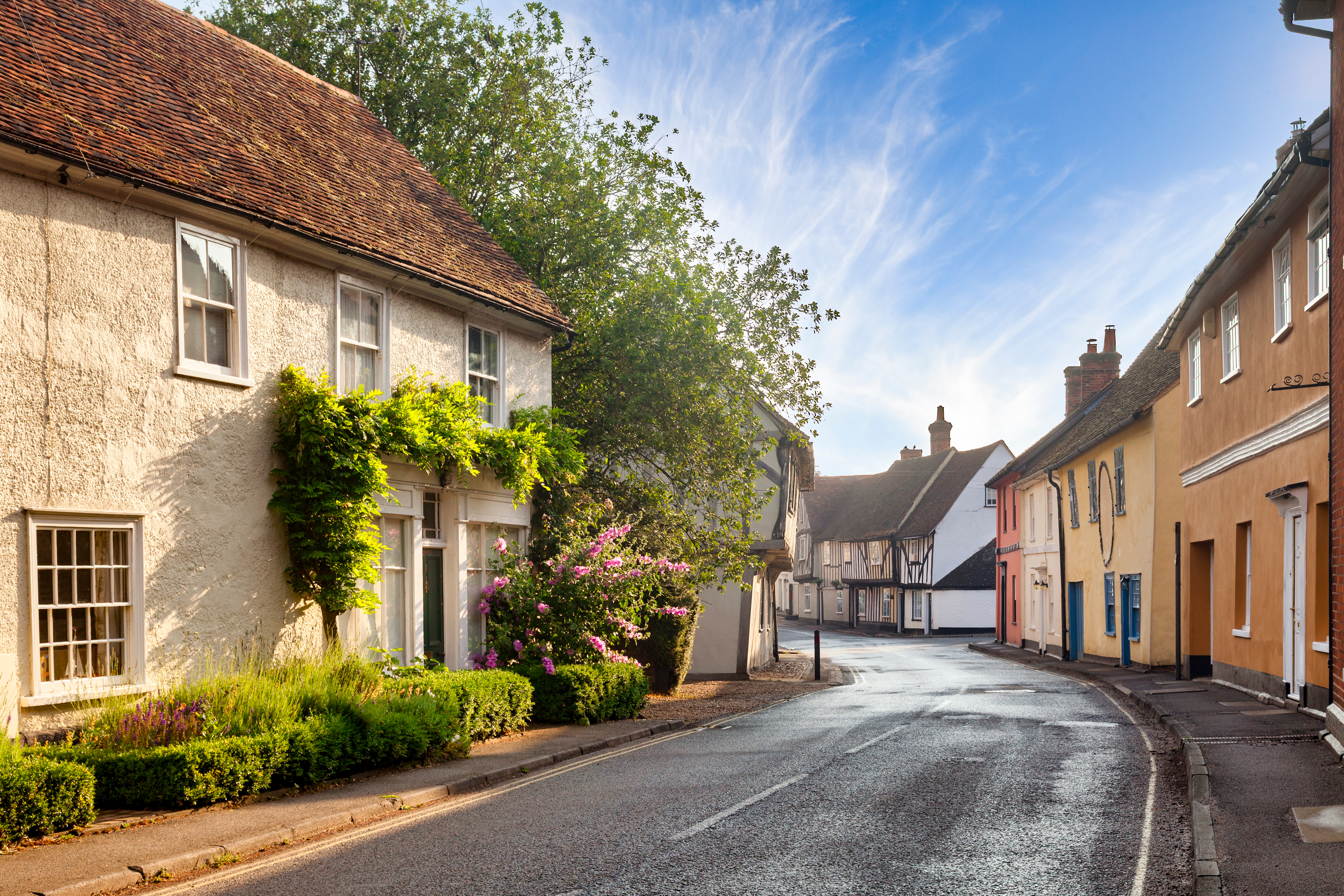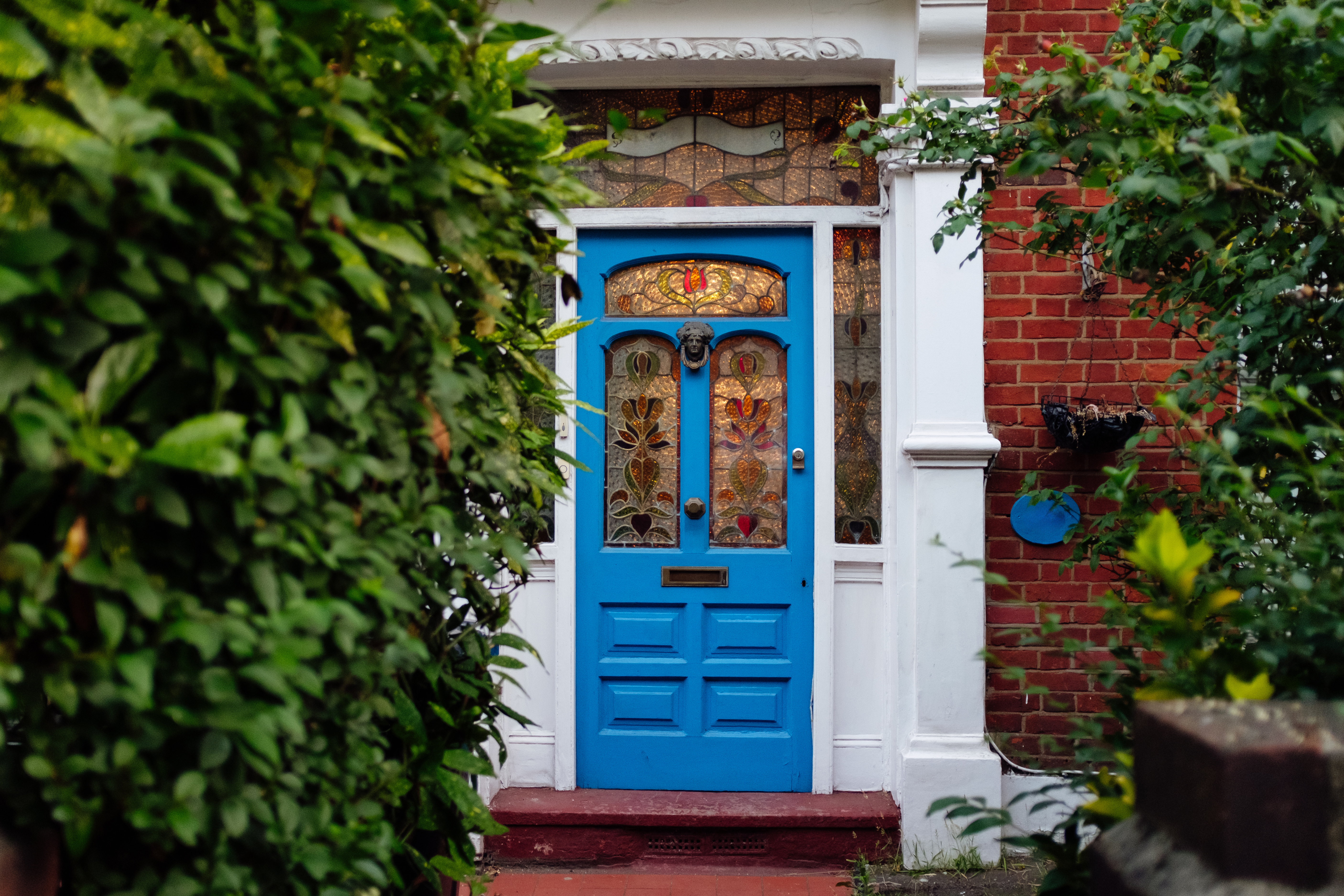Period properties are rich in character and architectural charm – every cornice, fireplace and timber beam tells a story. While modern homes offer sleek simplicity, characterful properties bring history to life. If you are considering purchasing a period property, here are some key questions to help guide your decision.
What is a period property?

Simply put, a period property is one that belongs to a certain period in history. Some may also be listed, which means they are of cultural significance and legally protected as a result. There are many different types of period properties, such as Elizabethan properties from 1558-1603, Georgian properties from 1714-1837, Victorian properties from 1837-1901, and Edwardian properties from 1901-1910.
How energy-efficient is the property?
Period homes are not often associated with energy efficiency, but it’s important not to make assumptions. Many period properties have undergone extensive renovation and restoration, with improvements such as upgraded insulation, modern boilers, and energy-efficient kitchen appliances. For homes that require such improvements, the process is not as difficult as it may seem. With the right expertise, one can make sash windows draught-free.
What are the features of a period property?

The features of a period property largely depend on the era it was built in. Perhaps you love the ostentatious style of Elizabethan architecture, the symmetry of the Georgian period, or the variety of influences that come with a Victorian property. You may fall in love with a period property for features such as ornate fireplaces, wall panelling, moulded coving, or the sheer beauty, character, and space it provides.
Are there any issues that need attention in the property?
There are a few things you would do well to look out for when viewing a period property. Most pre-1919 homes were built without a damp course, so keep an eye out for signs of damp. It's also important to ask about the state of the electric and plumbing systems – the property may have already undergone recent rewiring and new plumbing.
Is the property in good condition?

Period properties require a little more care and attention than more modern properties when it comes to restoration and maintenance. They may require special techniques, and telltale signs will be there if any previous restoration work has been carried out incorrectly. Therefore, don't hesitate to investigate previous restoration work. Consider enlisting the help of an expert or a surveyor.
Do period properties command a higher price?
As with any property, its value depends on many variables. However, period properties are sought- after due to their character, craftsmanship, and individuality. Many have been expertly renovated respectfully and tastefully, and those that have can command higher prices. Thanks to a rich tapestry of architectural history, the UK property scene can provide you with a simply magical home that lasts far into the future. All you have to do is let it find you.
Contact us
Find your perfect period property by contacting your local Guild Member today.


